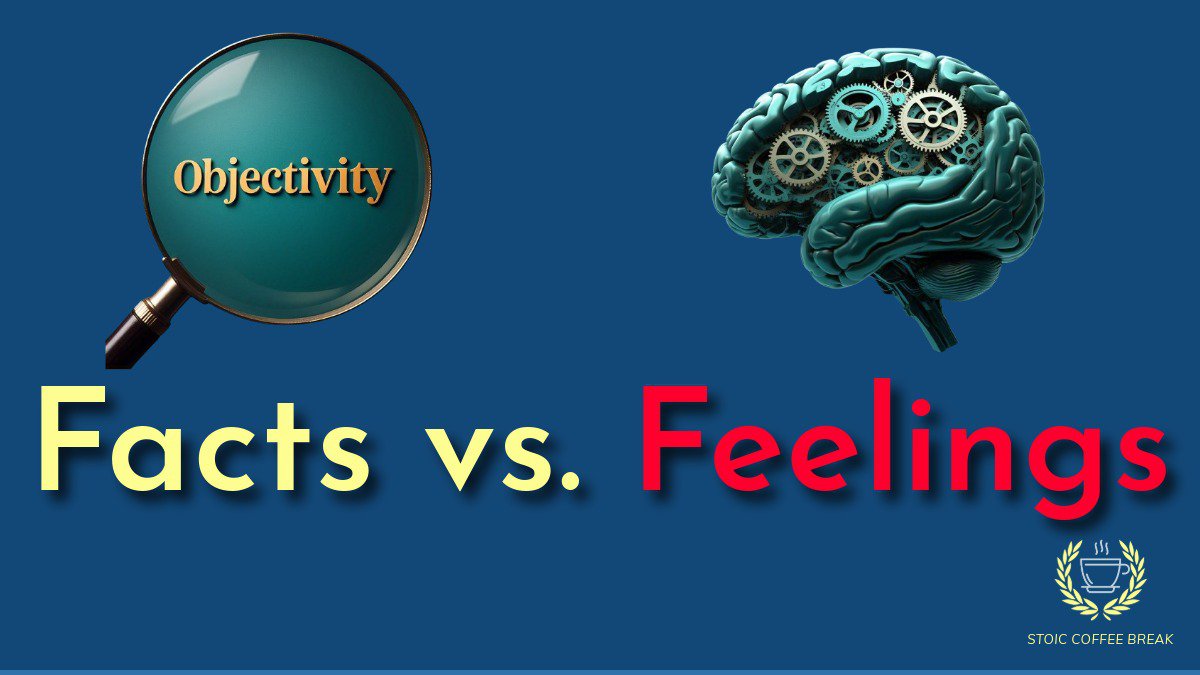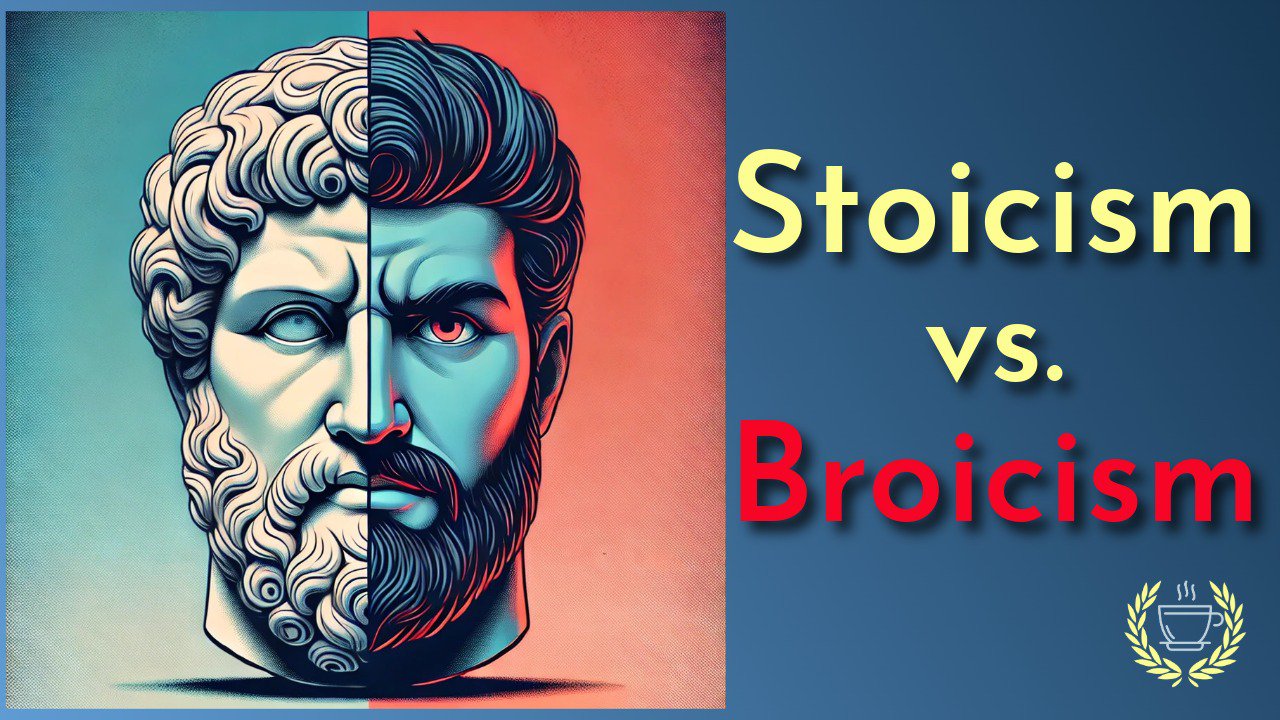Category: wisdom
-

336 – Facts and Feelings: The Power of Objectivity
“Between stimulus and response, there is a space. In that space is our power to choose our response. In our response lies our growth and our freedom.” —Viktor Frankl The Stoics place a premium on rationality and objectivity to help manage our emotions. But how do we develop that objectivity? Why should we practice become…
-

329 – Stoicism vs. Brocism
Stoicism, often misunderstood and misused in today’s hyper-masculine culture, teaches us the importance of self-awareness, resilience, and compassion. True Stoicism is about controlling our thoughts and actions while treating others with kindness and humility. By embodying wisdom, courage, justice, and temperance, we can navigate life’s challenges with grace and integrity.
-

328 – Q & A: Money, Politics, & Good Enough
In a world fraught with financial stress, political discord, and personal insecurities, Stoicism offers timeless wisdom. By focusing on internal virtues over external possessions, understanding diverse perspectives in heated debates, and accepting oneself fully to foster genuine change, we can navigate life’s challenges with grace and resilience.
-

324 – Kintsugi and Stoicism: Finding Strength in the Beauty of Broken Things
“The world breaks everyone, and afterward, many are strong at the broken places.” — Ernest Hemingway Imagine a broken bowl mended with gold, its cracks transformed into art. This is Kintsugi, the Japanese philosophy that sees beauty in imperfection. Paired with Stoicism, it teaches us to embrace life’s challenges, turning our scars into symbols of…
-

276 – The Zen of Zeno: Exploring the Art of Stoic Patience
“Man conquers the world by conquering himself.” — Zeno of Citium Are you rushing through life? Learn the art of patience and how it can lead to a more fulfilling life. Discover the power of being present and giving your full attention to what truly matters. #patience #mindfulness #selfgrowth
-

240 – Interview with Trever Yarrish
Trever Yarrish is the owner and founder of Zeal Software and The Hiive co-working space. He is also a good friend and one of my favorite people to chat with about stoicism. He’s an avid student of stoicism and brings many of the stoic principles and ideas into his companies and his personal life. We…
-

239 – Lessons Learned
The universe is change; Our life is what our thoughts make of it. — Marcus Aurelius. This year has been an especially rough year for many of us. I can honestly say it has been for me. I want talk about what I have learned over the past year, and ask you about the most…
-

226 – Cognitive Dissonance
Everything we hear is an opinion, not a fact. Everything we see is a perspective, not the truth. — Marcus Aurelius Why do humans resist changing their minds, even in the face of overwhelming evidence? How often have you changed your opinions when presented with new facts? How often have you actually changed your behavior…
-

213 – Think Long
“Everyone faces up more bravely to a thing for which he has long prepared himself, sufferings, even, being withstood if they have been trained for in advance. Those who are unprepared, on the other hand, are panic-stricken by the most insignificant happenings.” — Seneca When you’re in the midst of a challenge it’s really hard…
